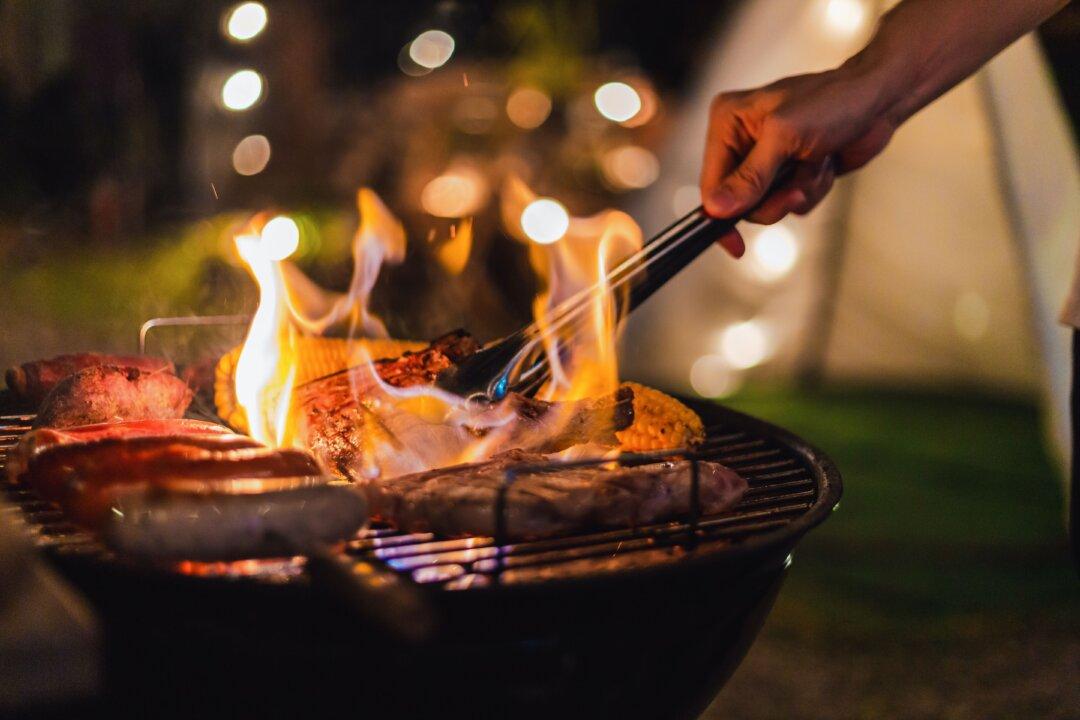For seasonal food and wine perfection, few things can top a cookout. My favorite grill experience was at a tiny remote cottage with no electricity in Uruguay, the vacation retreat of Argentine celeb chef Francis Mallmann, who popularized traditional open-flame techniques internationally. Everything we ate was cooked on a hand-forged grill over a sparking fire surrounded by stones. Under a dark sky sprinkled with stars, at a table lit by candles of all sizes, we savored thick-crusted, sizzling steaks with tiny grilled potatoes and accompaniments all kissed with char. Later, Mallmann read from poetry books pulled from piles stacked precariously around the house. Naturally, there were reds and whites to match the mood, the weather, the food, the poems.

The robust flavor that grilling adds to food needs equally bold wine, recommends writer Elin McCoy, heavy in flavor rather than alcohol. Peera_stockfoto/Shutterstock
|Updated:
By Elin McCoy
From Bloomberg News





